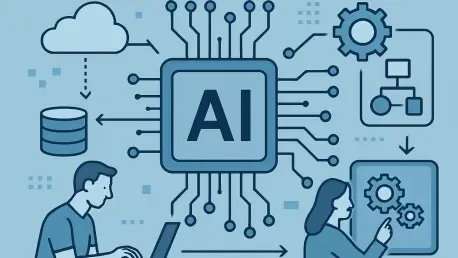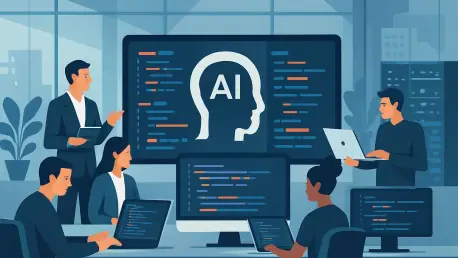
Imagine a world where AI-driven applications seamlessly communicate with diverse tools and models, effortlessly orchestrating complex workflows within development environments. This is no longer a distant vision but a tangible reality with the Spring AI MCP (Model Context Protocol). As a

In an era where digital connectivity underpins every aspect of business operations, network monitoring tools have become indispensable for maintaining the health, security, and efficiency of IT infrastructures across organizations of varying scales. As companies navigate the complexities of hybrid

Imagine a scenario where a burgeoning e-commerce platform struggles to balance the need for dynamic, real-time functionality with the demand for a content-rich blog to drive organic traffic, often forcing businesses to split their online presence across multiple domains or servers. This dual

Today, we’re thrilled to sit down with Vijay Raina, a renowned expert in enterprise SaaS technology and a thought leader in software design and architecture. With his deep expertise in integrating cutting-edge tools into complex workflows, Vijay offers unique insights into how Artificial

In today’s fast-paced business environment, where efficiency and innovation are paramount, enterprises are constantly seeking tools that can streamline complex processes and boost productivity across teams. Imagine a scenario where developers can brainstorm ideas in real-time through interactive

Imagine a world where software doesn't just respond to commands but anticipates needs, solves problems independently, and adapts to changing environments without constant human oversight. This is the promise of Agentic AI, a transformative branch of artificial intelligence that focuses on autonomy,